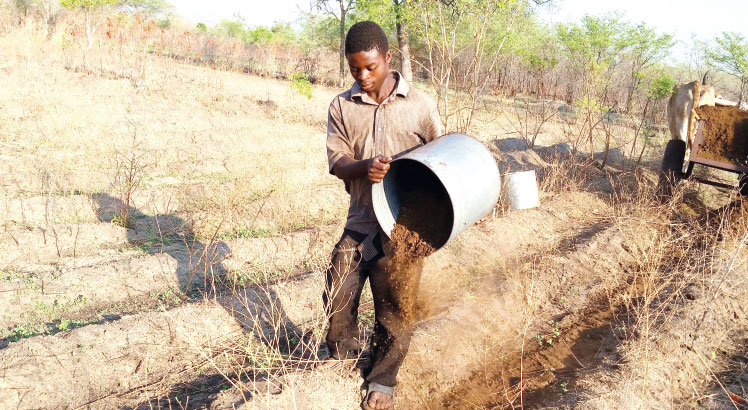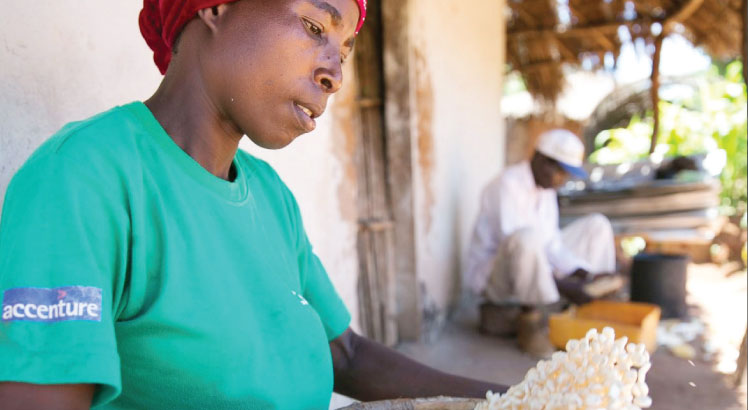Our GDP still cause for concern
Honourable Folks, the rumour of Malawi’s GDP per capita being the lowest in the world was an outright ego-deflator. We’ve known and accepted to be among the 10 poorest countries in the world but somehow there was this feeling that we were there by mistake.
Now it’s turned out that the GDP scare was without basis. At least the World Bank, to whom the scary data was attributed, has disowned it.
Does it make a difference? My take is that the ego-inflator shouldn’t be World Bank disputing the so-called 2015 GDP per capita data. Nor should it be the argument that GDP per capita isn’t the sole tool for measuring poverty.
Indeed studies abound that show some countries with modest national economic growth doing better on poverty reduction as measured by UNDP’s Human Development Index (HDI) tool than relatively richer countries.
It boils down to political pragmatism of the political leadership and the integrity, efficiency and effectiveness of the public sector. Where corruption is rampant, where a project slated for 12 months gets accomplished in 48 months, where more resources are allocated to foreign and local travel by the President instead of building schools, hospitals, providing potable water and all-seasons road networks, standards of living for the majority suffer even amid plenty of oil dollars!
What appears an impossible feat—in my opinion at least—is for a poor nation in which the economy has registered a negative growth rate for a number of years to manage to reduce poverty in HDI terms even if the political leadership is in the hands of angels and technocrats in the public sector have developed the efficiency of a computerised robot.
Simply put, economic growth in GDP terms may not be a sufficient condition in poverty reduction and improvement of living standards for a country but it definitely is a crucial factor. Which is why, we have a very good reason to get worried indeed when the GDP per capita shows a decline trend as has been the case since 2010 when it had reached an all time high of $249.55.
This admirable feat was a build-on process for some three years starting in 2008 when GDP per capita was at $224, growing further to $235.91 the following year. A discerning mind will note that the trend in GDP per capita growth coincided with prudent economic governance record of former president, the late Bingu wa Mutharika first term and substantial donor support.
In 2006 donors forgave almost our entire foreign debt. At the same time, Western donors and Beijing increased their aid to our government. Donor aid funded up to 40 percent of the recurrent budget and almost the entire development budget.
Interestingly, our economic woes started in 2011 when Bingu deported a British High Commissioner and accused the rich west of using aid as a tool for entrapping independent Malawi in the bondage of neo-colonialism. His government introduced a zero-deficit budget, interfered with the monetary policy of the Reserve Bank and refused to let the kwacha rise or fall according to market forces.
The British and other western donors hit back by freezing direct budgetary support, a move which instantly triggered acute shortage of foreign exchange, which in turn resulted in an unprecedented fuel shortage, high interest and inflation rates and the tripping of economic growth to 1.8 percent.
Although Joyce Banda’s reforms in 2012 were a game changer, they were short-lived as budgetary support was frozen again in 2013 following revelations of massive looting of public revenue better known as Cashgate scandal. The devastating floods of this year will just compound our economic woes which are essentially rooted in the mediocrity of political leadership coupled by a porous public finance management system.
It’s, therefore, a real possibility that we can trip further and become the poorest country on earth if the current political leadership fail to do things differently and if public sector reforms fail to address inertia in government. At the same time, continued withholding by donors of budgetary support and their decision to channel development aid through non-governmental organisations will, whatever its merit, most likely help destroy further our capacity to generate wealth.





